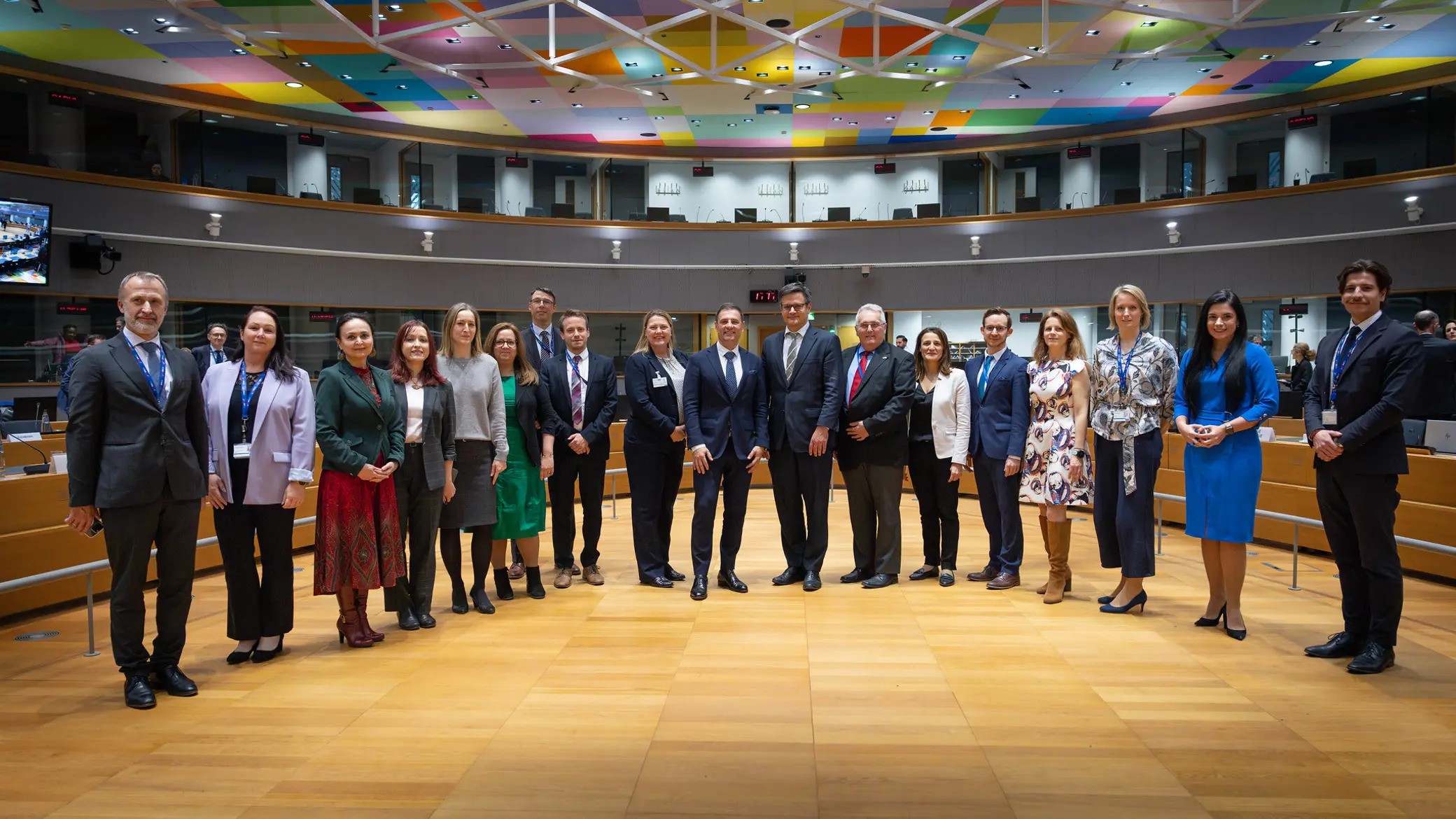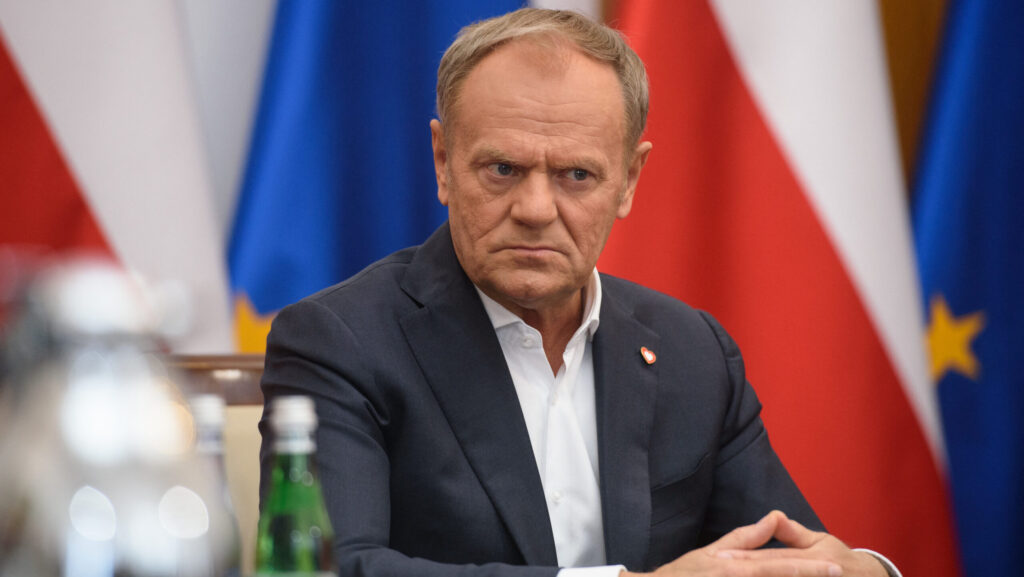The Justice and Home Affairs Council of the European Union has reached an agreement on how to prevent human smuggling into the EU, the official website for the Hungarian EU Presidency reports. The Hungarian administration has been the most vocal critic of illegal migration within the Union for years; and this new agreement was reached under the Hungarian presidency of the EU Council as well.
The Council reached a general approach (member states position) on a proposed directive which lays down minimum rules to prevent migrant smuggling. The proposed legislation aims to update the existing EU legal framework established in 2002. The goal of this initiative is to better align the criminal laws of Member States regarding the definition and penalties for migrant smuggling.
In 2023, around 380,000 unauthorized crossings were recorded at the external borders of the EU. According to Europol, over 90 per cent of illegal migrants who arrive in the EU rely on smugglers for assistance.
‘With migrant smuggling, criminal groups make millions at the expense of the most vulnerable. The prosecution of this crime is a priority for EU countries,’ Minister of Justice Bence Tuzson of Hungary has commented on the new agreement.
‘With migrant smuggling, criminal groups make millions at the expense of the most vulnerable. The prosecution of this crime is a priority for EU countries.’
To address child sexual abuse and exploitation, ministers have reached a consensus on a proposal aimed at updating the 2011 directive to enhance criminal laws surrounding these issues. The European Commission proposed this revised legislation in February 2024, which would broaden the definitions of child sexual abuse and exploitation, including offences facilitated by new online tools. It also aims to improve the effectiveness of investigations and prosecutions of these crimes. The updated law also introduces harsher penalties and incorporates more detailed requirements for preventing such crimes and providing support for victims.
Related articles:








